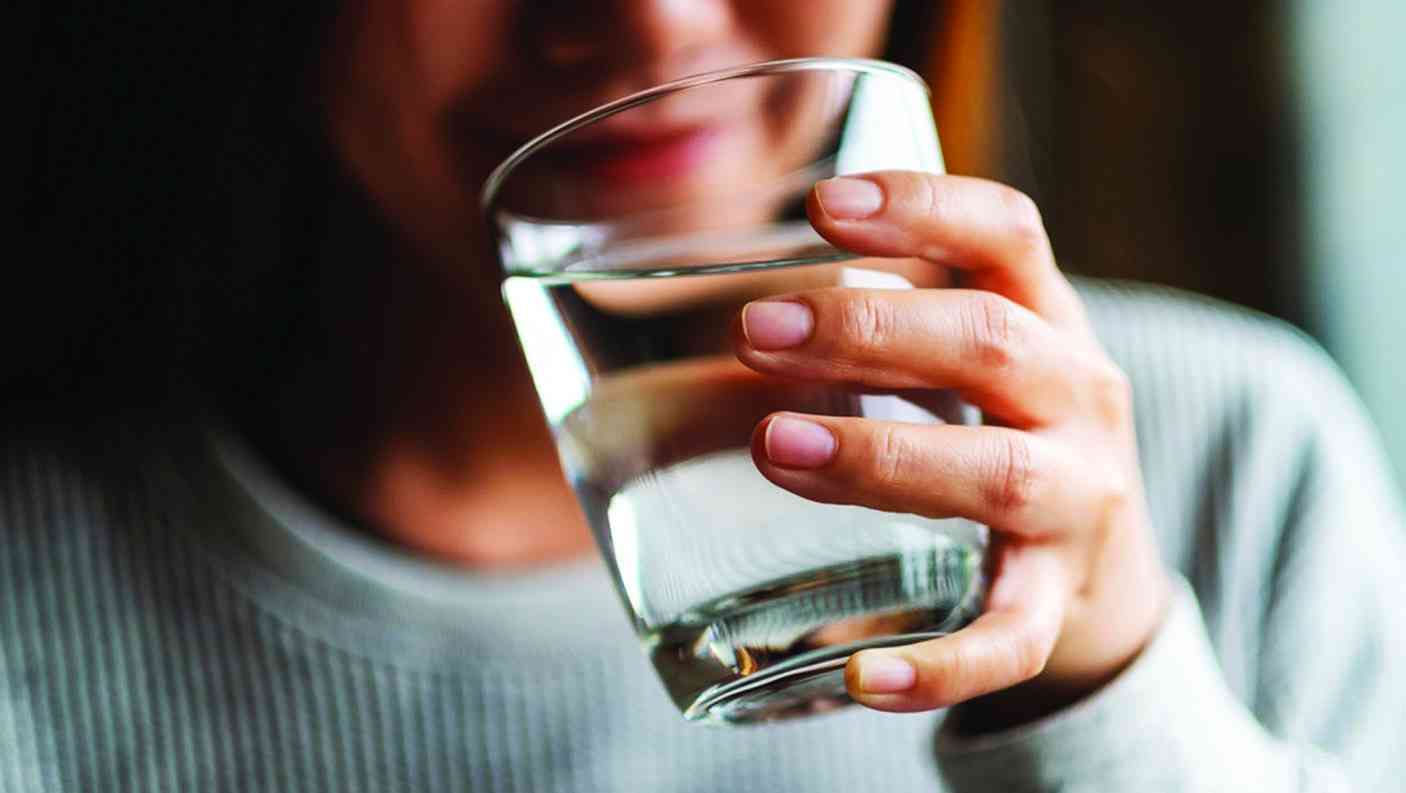
OUR kidneys filter waste and extra water from the blood and help maintain a balance in the body of chemicals such as sodium, potassium and calcium.
They also produce hormones that help control blood pressure and stimulate bone marrow to make red blood cells.
They perform vital tasks, silently working hard for us. They do not ask for much in return. However, if not taken good care of, illnesses such as chronic kidney disease may develop.
Chronic kidney disease cannot always be prevented but a few adjustments to your lifestyle can go a long way towards keeping your kidneys healthy.
If chronic kidney disease is left untreat1ed, toxins can build up in the body and lead to other health problems such as heart disease and stroke.
It can also progress to end-stage renal disease, which requires dialysis or a kidney transplant to stay alive.
World Kidney Day, which was commemorated yesterday (March 14), is held every year on the second Thursday of March, to raise awareness of the importance of our kidneys and the vital role they play in our overall health.
This year’s theme, ‘Kidney health for all–Advancing equitable access to care and optimal medication practice’, emphasises the importance of everyone, regardless of background or location, having access to the care and medication they need to maintain healthy kidneys.
- JLL produces track on Koffee’s ‘Gifted’
- Re-imagining the workplace: Alcohol is both a social and workplace issue
- Re-imagining the workplace: Alcohol is both a social and workplace issue
- Counterfeit whiskies flood Zim
Keep Reading
Keeping your kidneys healthy
Stay hydrated, especially during hot summer days. Drinking plenty of fluids helps all your body’s cells work better.
Staying hydrated also helps to flush out crystals that can form kidney stones and the bacteria that are linked with urinary tract infections (UTIs), which can sometimes lead to kidney damage.
Aim for six to eight glasses of water a day. Plain water is a good choice. It is cheap and calorie-free.
Fizzy water, tea, coffee, herbal and fruit teas and low-fat milk can also count towards your target daily fluid intake.
Eat lots of fruit and vegetables. A balanced diet can help keep your blood pressure and cholesterol at a healthy level and may help lower your risk of kidney disease.
At least five portions of fruit and vegetables each day is recommended, with some starchy foods such as potatoes, dairy or dairy alternatives and some protein in the form of beans, legumes, eggs, fish or meat. You should cut down on the amount of saturated fat you consume.
Healthy eating does not have to be complicated or expensive. Tinned, dried and frozen fruit and vegetables all count. You could try chopping some fruit onto your breakfast cereal or having a side salad with your meal.
Reduce your sugar intake. A lot of sugar does not directly damage your kidneys but, because it is high in calories, can lead to weight gain.
Keeping to a healthy weight can reduce your chances of conditions that affect your kidneys, including high blood pressure and type 2 diabetes.
You should also cut down on your salt intake.
A high-salt diet can contribute to high blood pressure, which can be a factor in kidney disease.
Eating too much salt makes developing kidney stones more likely. Aim for no more than six grammes or a teaspoon of salt daily.
Around 75% of the salt in our diets is hidden in processed food. Develop the habit of checking labels for salt content (and sugar content) so you can choose the lower content options.
Snack on fruit and raw vegetables rather than crisps and crackers.
When cooking, flavour dishes with pepper, spices, herbs, lemon and garlic instead of a lot of salt. If you do this continuously, your taste buds will quickly adjust to having less salt.
If you drink alcohol, try to do so in moderation.
Over time, drinking too much can cause your blood pressure and cholesterol to rise, which can be factors in kidney disease.
Make an effort to drink no more than 14 units of alcohol a week, spread over different days.
One unit equals a small glass of standard-strength wine, half a pint (237ml) of normal-strength beer or cider or a single measure of spirits.
You can also improve your kidney health by quitting smoking. Smoking raises heart rate and blood pressure and causes fatty deposits in your blood vessels and blood clot formation.
All these things increase your risk of kidney disease. Smoking also doubles your chances of kidney cancer.
If you quit smoking you will reduce all these risk.
The benefits start as soon as you stop.
Many people have stopped smoking. It is possible. You can consult your doctor for possible help in quitting the habit if you are finding it difficult to stop.
Avoid taking over-the-counter painkillers too often. In the long term, regularly using high doses of common painkillers can damage your kidneys.
It is safe to take painkillers occasionally but take them exactly as prescribed, at the lowest dose possible and for the shortest time you need them.
If you have to take painkillers regularly for a condition, speak to your doctor about how to minimise the risk to your kidneys.
Exercise or stay on the move more often.
Being active helps support your general health, which may help your kidneys. You do not have to go to the gym. Walking, cycling, dancing and gardening all count.
You should aim for at least 150 minutes a week of moderate exercise or 75 minutes of more vigorous activity.
This can be broken into small chunks and fitted into your day. For example, you can choose cycling over driving or getting off the bus a stop early and walking some of the way to the shops.
If you have not exercised for a while, check with your doctor before you start any vigorous exercise.
Have enough hours of sleep. Plenty of sleep allows your body to rest and repair. Some research has suggested sleeping for five hours or less a night may have an adverse impact on kidney function.
Your kidneys’ function, like other body functions, is regulated by your sleep-wake cycle, so poor sleep may negatively affect their ability to do their job.
Most of us need seven to eight hours’ sleep a night. We all have the occasional bad night. However, if you regularly struggle to get enough rest, check your sleeping habits and environment.
Your room should be cool, dark and quiet. Take time to unwind before you go to bed. Avoid caffeine and alcohol before bedtime. Exercising during the day can also help you sleep better.
- The information in this article is provided as a public service by the Cimas iGo Wellness programme, which is designed to promote good health. It is provided for general information only and should not be construed as medical advice. Readers should consult their doctor or clinic on any matter related to their health or the treatment of any health problem. — [email protected] or WhatsApp 0772 161 829 or phone 024-2773 0663






